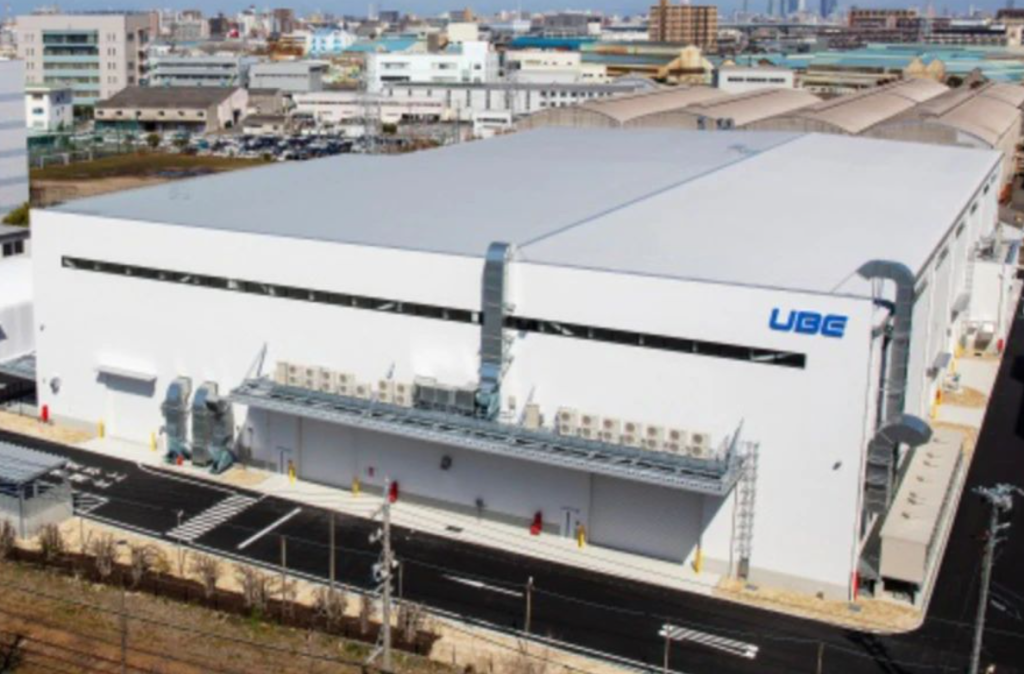February 17, 2025 – Ube Industries, a leading player in the nylon polymer market for European food packaging, has announced a significant restructuring plan. UBE Corporation Europe S.A.U., its Spanish subsidiary, will continue producing caprolactam and nylon polymers, with plans to introduce an eco-friendly nylon product line to meet the market’s demand for sustainable products. However, in Japan and Thailand, Ube intends to gradually phase out caprolactam and its raw material, cyclohexanone, production, while adjusting nylon polymer capacity.

The core of Ube’s transformation lies in its focus on specialty chemicals, strengthening its presence in polyimide, separation membranes, ceramics, pharmaceuticals, and high-purity chemicals. This strategic shift aims to enhance the company’s profitability and market competitiveness.
Prior to this, Ube had already established a footprint in polyurethane materials and lithium-ion battery materials. In October 2024, the company acquired LANXESS’s polyurethane systems business, solidifying its position in the polyurethane sector. Simultaneously, in the realm of lithium-ion battery materials, Ube Chemicals collaborated with Maxell Corporation to build a new separator manufacturing plant in Sakai City, Osaka Prefecture, with an additional facility in Minato Ward, Tokyo. Scheduled for completion in September 2026, these plants will increase separator production capacity by approximately 30%. Furthermore, Ube Industries has decided to invest about $500 million in the United States to construct a plant with an annual capacity of 100,000 tons of dimethyl carbonate (DMC) and 40,000 tons of ethyl methyl carbonate (EMC), expected to be operational by July 2026.
According to AsiaMB’s sources, Ube’s decision to scale down its nylon and raw material operations stems from these products’ susceptibility to market fluctuations, declining profitability, and an uncertain recovery prospect in the Asian market. With the booming nylon market in China leading to intensified competition, Ube faces increasing market pressure. Overcapacity in nylon 6 and nylon 66 products, coupled with fierce competition and shrinking profit margins, necessitated this business structure adjustment.
In contrast, specialty chemicals like polyimide offer higher added value and market potential. As one of the few global companies with polyimide film production technology, Ube’s choice to concentrate on this area signals a pursuit of new growth opportunities. This business restructuring not only reflects Ube’s keen understanding of market trends but also demonstrates its ambition in the specialty chemicals sector.














